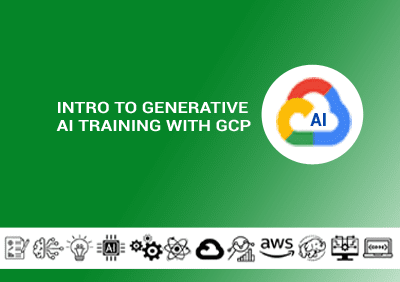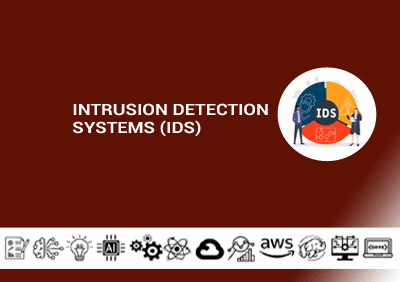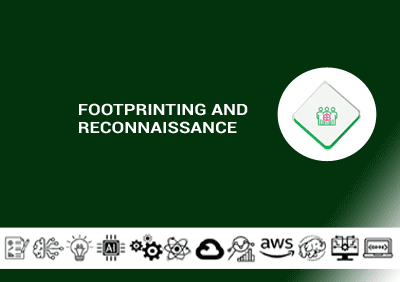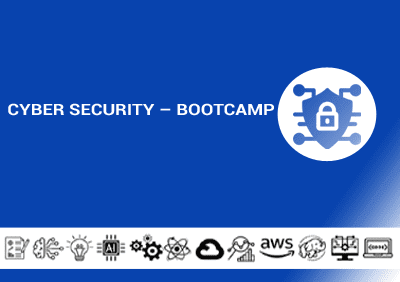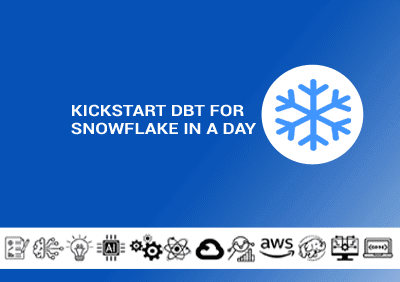- Overview
- Prerequisites
- Audience
- Curriculum
Description:
Data Governance is essential for organizations to ensure data accuracy, compliance, and effective decision-making. This one-day training on Data Governance is designed to provide participants with a comprehensive understanding of the principles, best practices, and tools necessary for implementing robust data governance within their organizations. Through a combination of lectures, case studies, and hands-on exercises, participants will gain the knowledge and skills needed to establish and maintain effective data governance frameworks.
Duration: 1 Day
Course Code: BDT311
Learning Objectives:
- Understand the importance of data governance in modern organizations.
- Define key data governance terms and concepts.
- Explore real-world case studies of successful data governance implementations.
- Explore best practices for creating data governance policies and procedures.
- Discuss emerging trends and future challenges in data governance.
Participants should have a basic understanding of data concepts and some familiarity with data management processes. No advanced technical skills are required, but a general understanding of data in organizational contexts is beneficial.
This course is suitable for professionals in various roles within organizations, including:
- Data Analysts
- Data Scientists
- Business Analysts
- Information Technology (IT) Managers
- Compliance Officers
- Anyone interested in understanding and implementing data governance practices
Course Outline:
Session 1: Introduction to Data Governance
- Definition of data governance
- Importance in modern organizations
- Key concepts and terminology
- Benefits of effective data governance
- Common challenges and misconceptions
- Defining data governance roles (Data Stewards, Data Owners, etc.)
- Clarifying responsibilities and accountabilities
- Building cross-functional teams
Session 2: Data Governance Policies and Procedures
- Developing data governance policies
- Phases and milestones
- Planning for governance implementation
- Data quality assessment techniques
- Remediation strategies
- Importance of data classification
- Data lineage and metadata
- Introduction to data catalogs
Session 3: Data Security and Privacy
- Data security best practices
- Privacy considerations (GDPR, CCPA, etc.)
- Role of data governance in compliance
- Designing governance workflows
Session 4: Monitoring and Evolving Data Governance
- Key performance indicators (KPIs) for data governance
- Metrics for success
- Dashboards and reporting
- Conducting a data governance audit
- Keeping data governance up-to-date
- Emerging trends in data governance
Training Material Provided: Yes (Digital Format)
